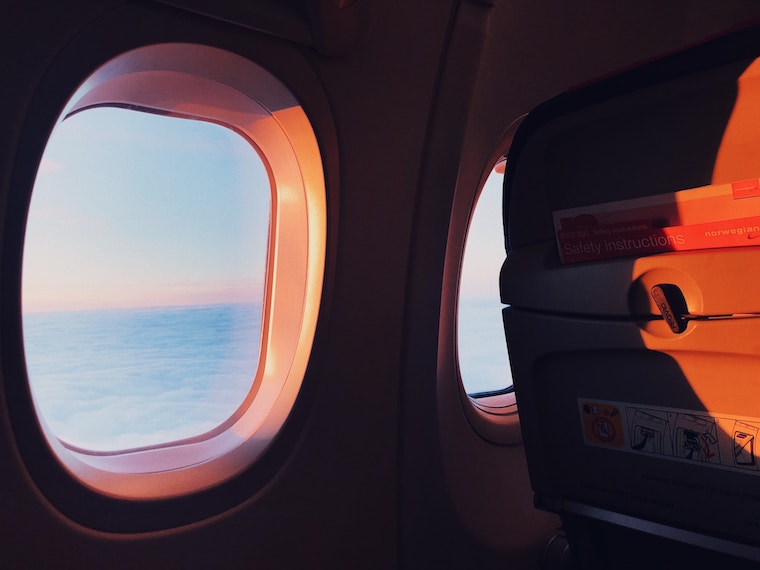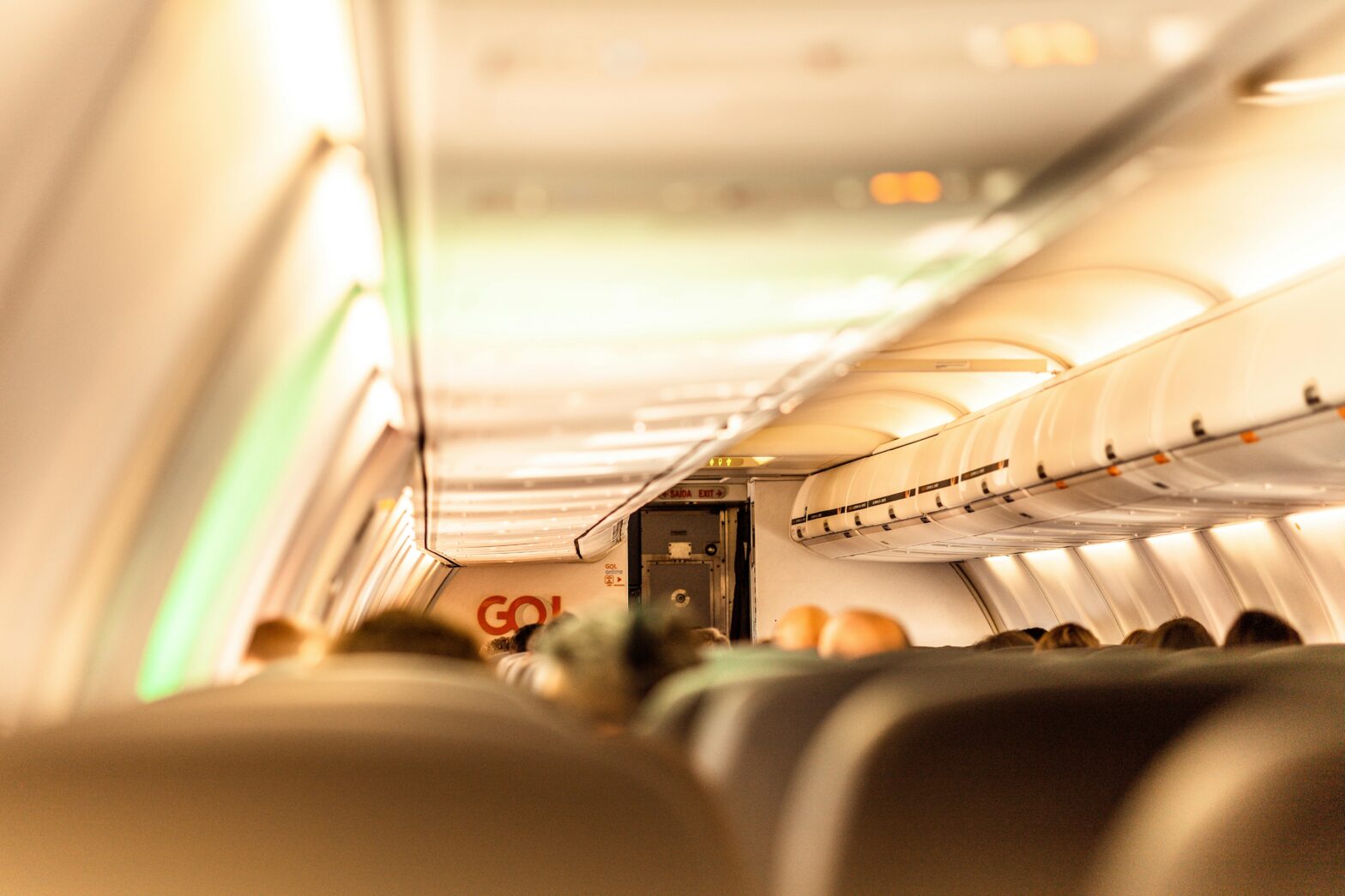It turns out there’s a reason why people cry hysterically, eat things they normally don’t crave and exhibit other odd behavior on a plane.
A new study commissioned by the flight industry found that engine noise, cabin pressure, and stress could trigger physical and emotional changes that alter our behavior in the friendly skies.
Crying more at movies in the air or confessing secrets to strangers are all changes in behaviors that start in the airport, a place of both freedom and captivity, as reported in the Boston Globe.
“It’s called a ‘third space’ where people who are free from usual constraints but are also anxious or buy food and duty-free items in an attempt to calm themselves,” Merry White, an anthropology professor at Boston University, told the media outlet. “The anonymity is liberating but it can also make you feel lonely.”
This change in behavior continues on board.
“Flying kind of takes away everybody’s sense of control so, people tend to grasp to whatever kind of control they can have,” a flight attendant told NPR. Whether that be yelling about overhead bin space, about their seat, or yelling about having to like check their bag.”
Crying on planes is so common that passengers have coined the term “Mile Cry Club” for frequent criers in the sky.
“On my last fight, I was watching Crazy Rich Asians and I was sobbing pretty bad,” a passenger told NPR. “With my blanket and my pillow, I kind of hit my face a little. I don’t know why I was ashamed, but I also didn’t want the guy next to me to worry about me.”
Another strange behavior, according to researchers, is the common craving for tomato juice, a drink not popular when on the ground.
If anyone knows just how deep the craving for tomato juice is in the air it’s United Airlines, which became the prime source of outrage in 2018.
When the company announced that it was pulling the drink from the menu, the backlash was so intense that leaders from the company decided to add it back to the menu.
Why tomato juice? A study by Lufthansa 2010, sparked by the demand of tomato juice from passengers, found that changes in air pressure can reduce the sweet and salty signals to the brain by up to 30 percent.





